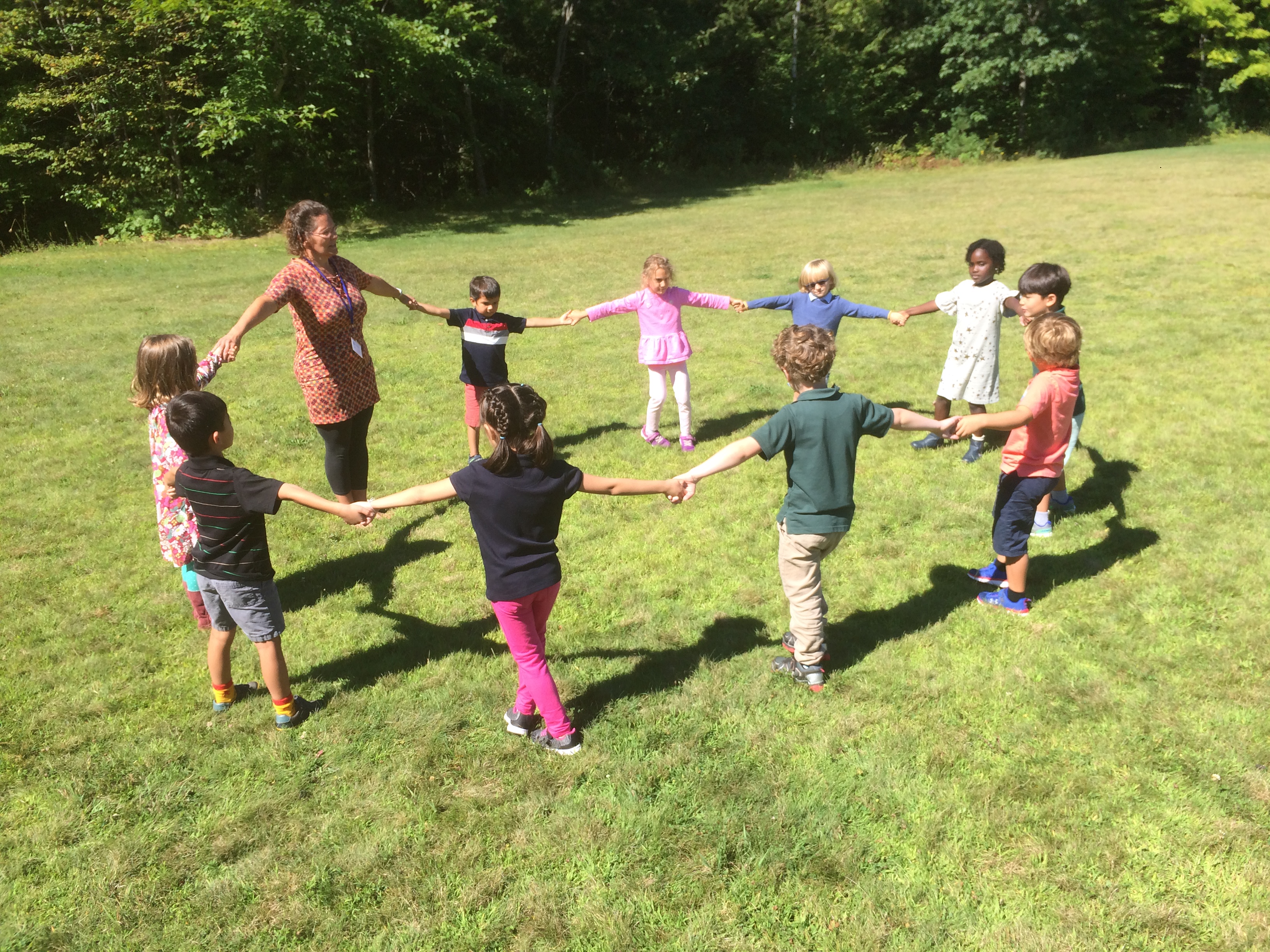
Keep Play at School
Play has been defined as “engaging in an activity for enjoyment and recreation rather than a serious or practical purpose.” Yet, any early childhood educator will tell you that play does have very serious and practical purposes. In fact, many educators give play the same weight as teaching early literacy and numeracy skills for young children. There’s a simple reason for this: our brains and bodies have evolved not only wanting but also needing to play.
Yet, with pressures from educational policies such as No Child Left Behind and recent pressures of hurried lifestyles to schedule children through the entirety of each day, time for free play has been markedly reduced for some children. A survey from 1989 by the National Association of Elementary School Principals found that 96 percent of schools had at least one recess period at their schools. Ten years later, a similar survey found that only 70 percent of kindergarten classes offered even one recess period each day.
Limiting children’s opportunities for play is concerning, particularly when research indicates that play is vital for all kinds of physical and emotional development. For example, recent studies have shown that play is associated with increases in what’s known as brain-derived neurotrophic factor, or BDNF. Even a half hour of play helps produce greater amounts of BDNF, which is essential for learning as well as social-emotional development. Play is also linked to reducing stress and fostering creativity. And the physical activity that often accompanies play promotes healthier body mass indexes and reduces obesity rates as well as its associated diseases.
Play often requires problem solving with a variety of people. Thus, learning how to play well is also important for building relationships between peers and family members. And when these skills are mastered, children develop empathy and can better regulate their emotions through heightened emotional intelligence.
With so much evidence that play fosters healthy cognitive, social, physical, and emotional well-being, schools should draw a line in the sand and insist that children have time to play each day. With play in their lives, children will have a much better chance to develop the skills and confidence they need to navigate the complexities of their world.




